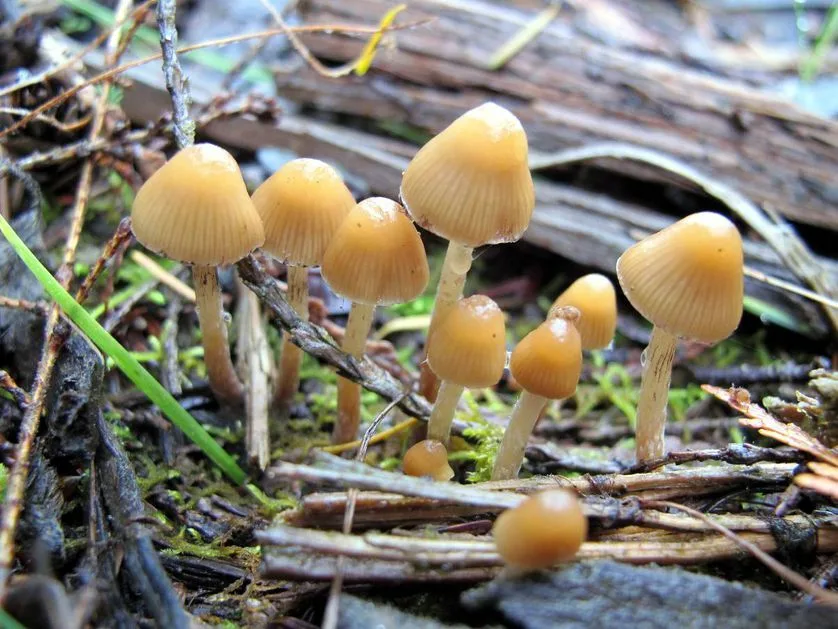The Post-Treatment Lyme Disease Syndrome Study
The Johns Hopkins study will test whether psilocybin is safe and helpful for improving fatigue, pain, mood, and quality of life in people with PTLDS. It will be led by Dr. Albert Garcia-Romeu of the CPCR, in collaboration with Drs. John Aucott and Mark Soloski at the Johns Hopkins Lyme Disease Research Center.
Why is this so important?
According to the CDC, “Lyme Disease is caused by infection with the bacterium Borrelia burgdorferi. Although most cases of Lyme disease can be cured with a 2- to 4-week course of oral antibiotics, patients can sometimes have symptoms of pain, fatigue, or difficulty thinking that last for more than 6 months after they finish treatment. This condition is called Post-Treatment Lyme Disease Syndrome (PTLDS).”
“It is not known why some patients experience PTLDS. Some experts believe that Borrelia burgdorferi can trigger an “auto-immune” response causing symptoms that last well after the infection itself is gone.” – CDC
No proven treatment to date for PTLDS
The CDC reports that unfortunately there is no proven treatment for PTLDS.
“Although short-term antibiotic treatment is a proven treatment for early Lyme Disease, funded by the National Institutes of Health (NIH) it has found that long-term outcomes are no better for patients who receive additional prolonged antibiotic treatment than for patients who receive a placebo. Long-term antibiotic treatment for Lyme disease has been associated with serious, sometimes deadly complications, as described in the links below.”

Shania Twain/Instagram
PTLDS can have an extremely negative impact on a person’s life. Indeed, living With PTLDS was recently brought back into the limelight by a Netflix documentary on country and western star Shania Twain. In an interview with USA Today, she relived her experience after being bitten by a tick. Shania lost her voice along with intense fatigue and other symptoms. The megastar has been unable to perform for some time. This impacted her personal and professional life significantly.
Other Advances in Psychedelic Science
Johns Hopkins is considered the leading researcher into the health benefits of psychedelics (of which psilocybin is just one) in the United States.
It started in 2000 when a research group from Johns Hopkins was the first scientists in the US to get regulatory approval to research psychedelics in healthy, psychedelic-naive volunteers.
Using psilocybin under medical supervision
Psychedelics are categorized as Schedule 1 of the Controlled Substances Act in the US. This classification is reserved for drugs with high abuse potential; no accepted medical use; and lack of safety even under medical supervision.
Groundbreaking Johns Hopkins studies
A 2006 publication by Johns Hopkins on the safety and enduring positive effects of a single dose of psilocybin is widely considered a landmark study sparked a renewal of psychedelic research worldwide.
Since then, they have published further groundbreaking studies in more than 60 peer-reviewed articles in respected scientific journals.
This makes Johns Hopkins the leading psychedelic research institution in the U.S., and among the few leading groups worldwide.
Candidates for trials
In partnership with Columbia University, CPCR researchers recently launched a new survey study on how psychedelic experiences can impact romantic relationships. Couples are eligible to participate if (1) both members of the couple have used a psychedelic together, or (2) only one member of the couple used a psychedelic during the time they were in their romantic relationship.
List of upcoming Johns Hopkins trials
Here is a list of CPCR trials currently under recruitment. Click on the links below for more information.



![women [longevity live]](https://longevitylive.com/wp-content/uploads/2020/01/photo-of-women-walking-down-the-street-1116984-100x100.jpg)










